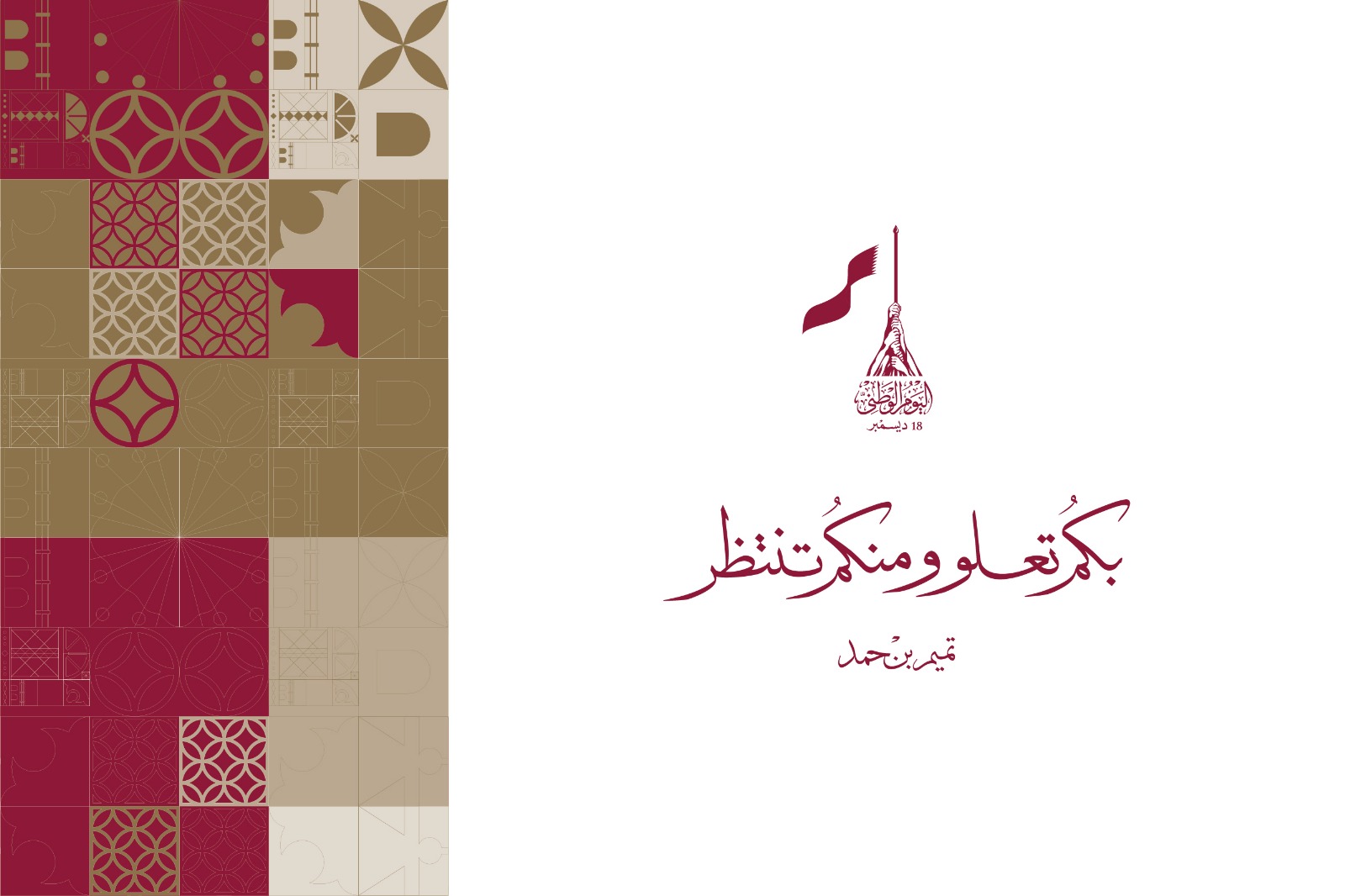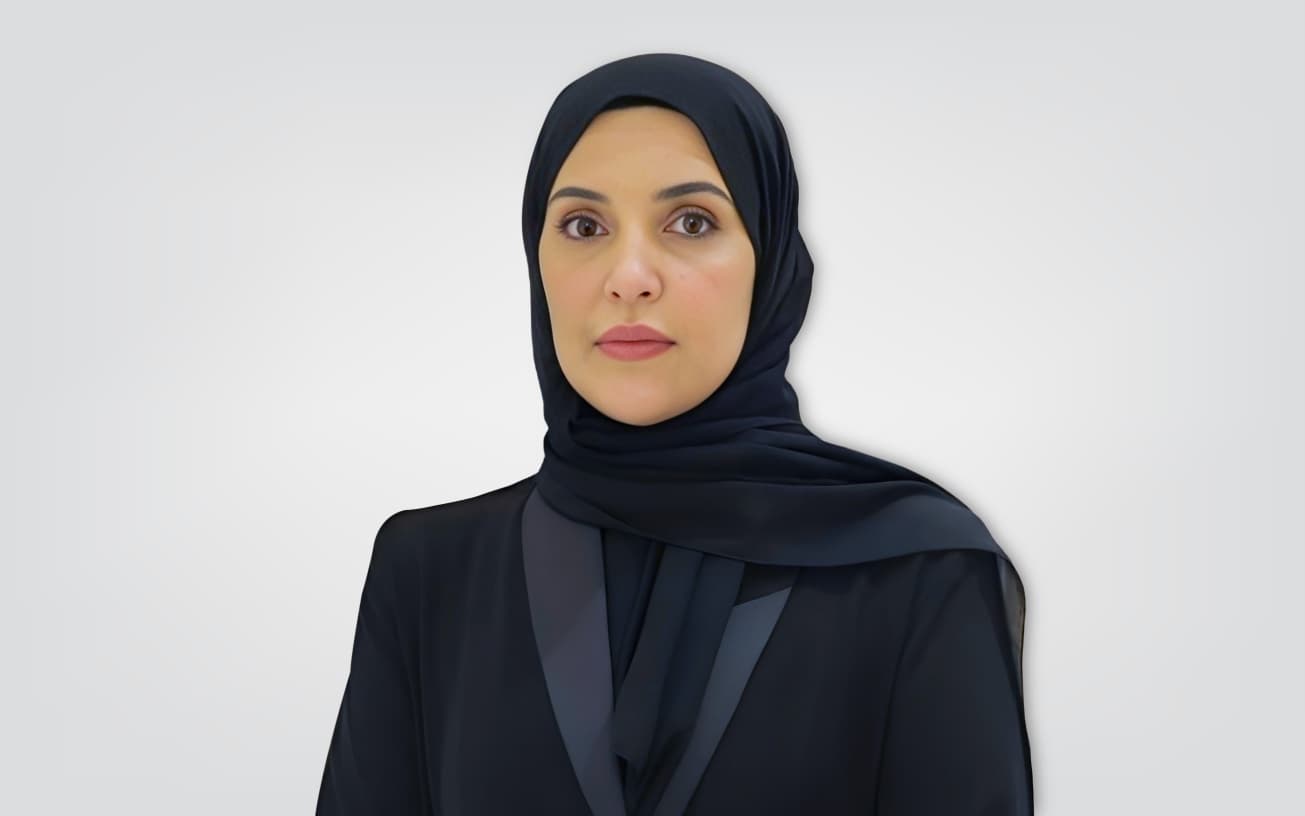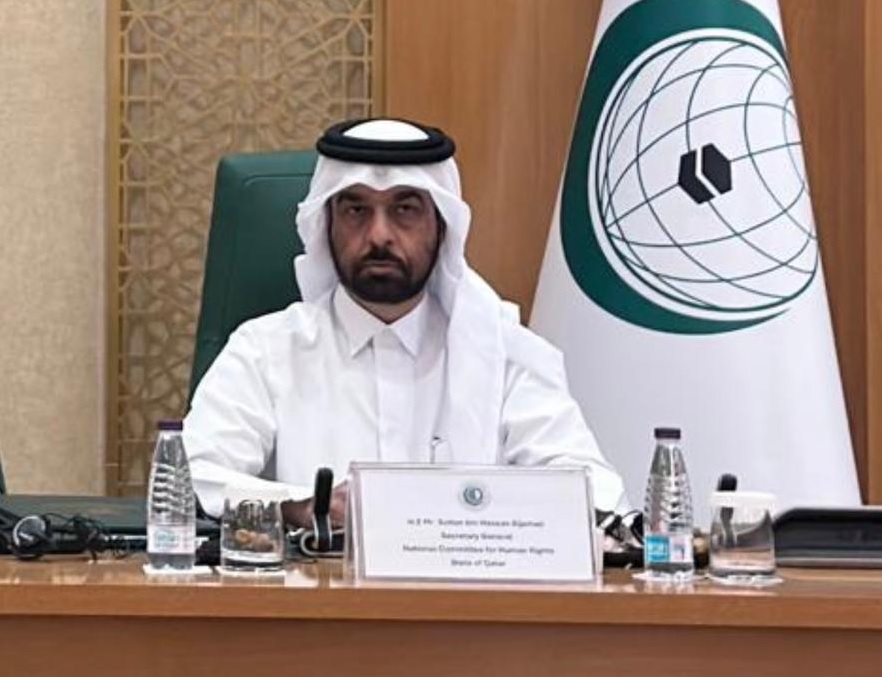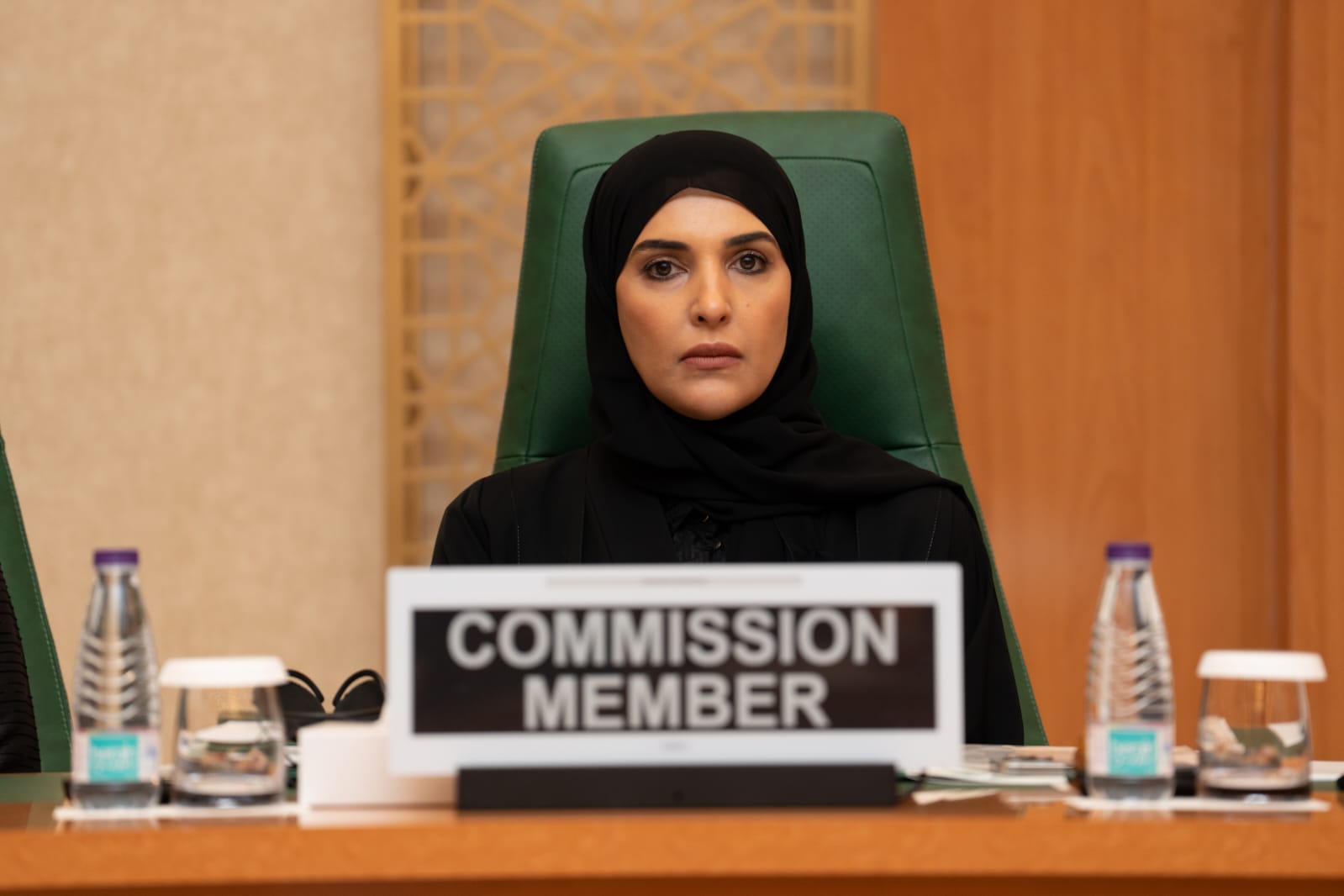الرجوع الى الأخبار
Opening of the regional workshop on "the legal prospects for asylum"
The regional workshop entitled "Legal prospects for asylum" was launched in December 22, 2014, It was organized by the National Human Rights Committee in cooperation with the regional Office of the UN High Commissioner for Refugees at the Gulf Cooperation Council (GCC).
Mrs. Maryam bint Abdullah Al-Attiyah, Secretary-General of the National Human Rights Committee, in a speech which Mr. Jaber Al Hwail Director of the Legal Affairs at the NHRC gave on her behalf at the opening of the training workshop, mentioned that the international community had sought to regulate the right to shelter through the issuance and approval of numerous international declarations and conventions, including the United Nations Convention on the Status of Refugees of 1951, 1967 Protocol and 1969 OAU Convention Governing the Specific Aspects of Refugee Problems, The Arab League Extradition Agreement that was approved by the Council of the League of Arab States on September 14,1952.
Al-Attiyah stressed that the importance of the subject of this symposium especially in light of the increasing number of refugees in the Arab and Islamic countries in recent years as a result of global and regional developments in the region, which requires international cooperation and activation of legitimacy and legal provisions related to the right of asylum. convening this regional workshop came to consolidate, develop and integrate all aspects of cooperation and joint action in order to effectuate the cooperation agreement signed in 2012 between the NHRC and regional office of the UNHCR in the areas of exchange of experiences and the development of national capacity. this regional two-day workshop addresses several important issues relating to Refugees affairs in the International, regional and national legal frameworks, asylum in Islam in the light of the International Bill of Human Rights, the principle of non-refoulement, the right of litigation, and other important topics.
Dr. Yousif Al Daradkeh, protection officer at the Regional office the UN High Commissioner for Refugees (UNHCR) in the Gulf Cooperation Council commended the outstanding role played by the State of Qatar in terms of humanitarian and charity work at the national, regional and international levels. He extended thanks and gratitude to the State of Qatar, institutions and associations concerned with humanitarian support for refugees and immigrants, particularly for Syrians refugees and immigrants.
The workshop included sessions held during two days to familiarize participants with some comparative studies on the subject of asylum and general discussions; including the framework of international refugee law by Mr. Saher Mohiuddin, protection officer at the Regional Office of the High Commissioner for Refugees (UNHCR) in Kuwait, in which he discussed international human rights law, international humanitarian law, common principles between them and the Convention 1951 status of Refugees and its provisions, objectives and definition of refugee protection laws, and the role of UNHCR.
Mr. Yousif Al Daradkeh presented a working paper entitled "A comparative study on Asylum in Islam" in which he discussed the right to shelter in Islam, conditions for granting asylum, the rules prescribed for the right to asylum in the Koran, including the measure of no expulsion or the principle of non-refoulement and the imposition of penalties on account of illegal entry or presence of a refugee who enters or is present in territories of states and other relevant topics.
Ms. Rania Fouad Abdul Hakim Jadallah, legal expert at the National Human Rights Committee, presented a working paper entitled "The role of civil society organizations in the protection of the rights of refugees", she added that worldwide security and freedom in all its forms are considered one of the greatest challenges in the twentieth century, she discussed several points relating to the common lack of clarity in the legal status of the asylum seeker, their basic rights, including the principle of non-refoulement and other punitive measures in case of illegal entry or illegal residence in the State of the shelter.
الصور






